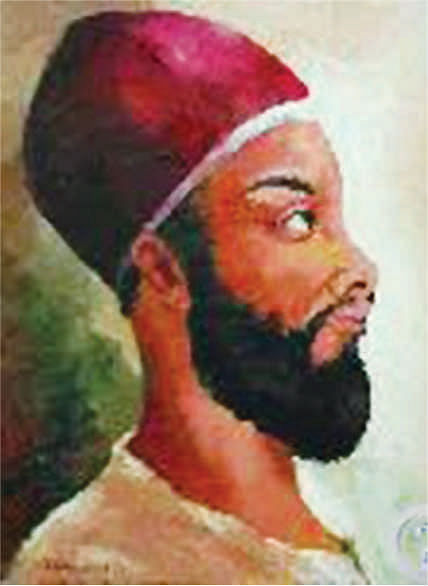REMEMBERING THE MARTYR
REMEMBERING THE MARTYR

Titumir was one of the first to fight against the exploitation of British colonial rulers and their local henchmen, the zamindars. With his followers who were farmers and peasants, he valiantly fought and sacrificed his life. He has become an inspiration for all the uprisings against oppression, even for the liberation war of 1971. His bamboo fortress became an icon of anti-colonial movements. On the occasion of his 183rd death anniversary (November 19, 1831), we remember the life of this valiant freedom fighter.
Titumir was born in the Chandpur village of North 24 Parganas (currently in West Bengal, India) on January 27, 1782
His real name was Syed Mir Nisar Ali
After completing his education in a village school, he was admitted to a local madrassa and became a hafiz of the holy Quran at the age of 18
He was fluent in Arabic and Persian and studied Islamic laws
In 1822 he went on a pilgrimage to Mecca
On his return from Hajj he started to organise the peasants of his native village against the zamindars and the British authority
He opposed a number of discriminatory measures, including taxes on mosques and the growing of beards
Titumir filed a complaint to the East India Company against the oppression of the Zamindars, but got no result
Then Titumir raised his own army with his followers and prepared them for an armed conflict with nothing more than bamboo sticks and indigenous weapons
He declared independence from the British rule, and regions comprising his native district Nadia and Faridpur came under his control
Titumir built a fortress made of bamboo and defeated the colonial forces in a series of battles
On November 14, 1831 the British army, reinforced with artillery, launched a concentrated attack. Titumir was killed and his bamboo fortress was destroyed
After a lengthy trial, Golam Rasul, Titumir's nephew and second in command was hanged
In 2004, listeners of the BBC's Bengali service voted Titu Mir 11 on a list of 20 "Greatest Bengalis."
On 19 November 1992, Bangladesh issued a commemorative stamp honouring Titumir on the 161st anniversary of his death